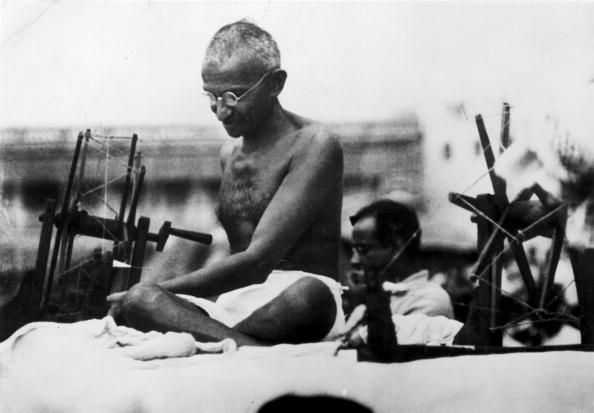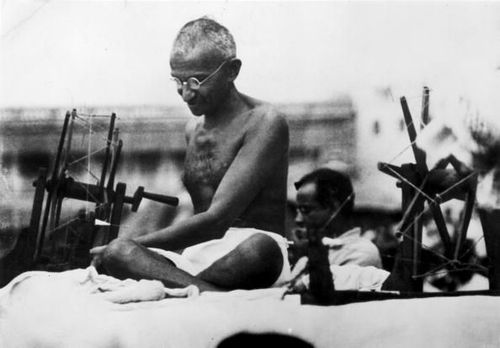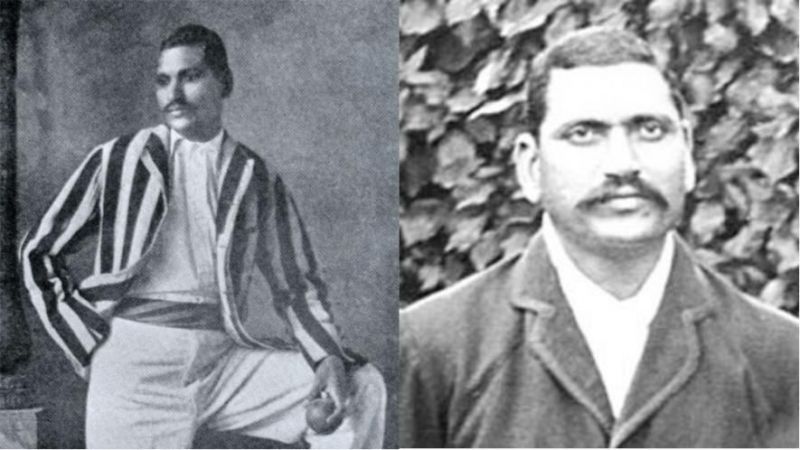
Mahatma Gandhi’s cricket connection
The Father of the Nation had interesting connections with India's most popular sport, cricket. On the occasion of his birthday, here are three stories of Mahatma's influence on cricket.
India and the world celebrate 2nd October as the birthday of Mahatma Gandhi. The story of how a stuttering and struggling lawyer from India went on to become the symbol of world peace has inspired millions so far and will continue to do so. Born on 2nd October 1869; Mahatma Gandhi is known as the father of the nation in independent India.

Being such a humongous figure, Mahatma Gandhi exerted an influence on almost all aspects of the Indians. So how can India’s most favourite sport, cricket, be left out? Although India’s leading independence activist did not play the game himself; he did not oppose the game of India’s rulers either.
In his life span of 78 years, the great soul came in direct contact of the British game twice and influenced a critical decision in Mumbai cricket once.
Here are the stories of Mahatma Gandhi’s involvement in cricket -
#1. Making Hindus appoint their rightful captain

Baloo Palwankar was a slow left-arm bowler of the highest quality and has a rightful claim to be called as the first great Indian cricketer. He learned his trade while bowling practice balls to the European batsmen at the Poona club. Palwankar was the star of the All-India team that toured England in 1911, where he topped the bowling charts with 114 wickets at an average of 18.86.
Despite the heroics, Baloo was never appointed as the captain of the Hindu team that participated in Bombay’s annual quadrangular communal based tournament. Baloo was treated otherwise because he was a member of the ‘untouchable’ cast. The bowler was not allowed to dine and drink with his teammates in the pavilions and was made to sit outside and drink water from an isolated source. The extended effect of this prejudice was in never appointing Baloo Palwankar as the captain of the team despite being experienced and skilled.
Mahatma Gandhi, who was finding his feet at the time in the Indian independence movement, launched a scathing attack on the prevalent practice of untouchability. He made one of his major speeches in Nagpur in 1920 and called untouchability as a great evil in the Hindu society.
This had a rippling effect on the society at that time, and it soon resulted in the change of traditional views. Baloo’s younger brother and a magnificent batsman, Vithal Palwankar, was appointed as the captain of the Hindu team in 1923. Vithal became the first lower-caste Hindu to lead the team.